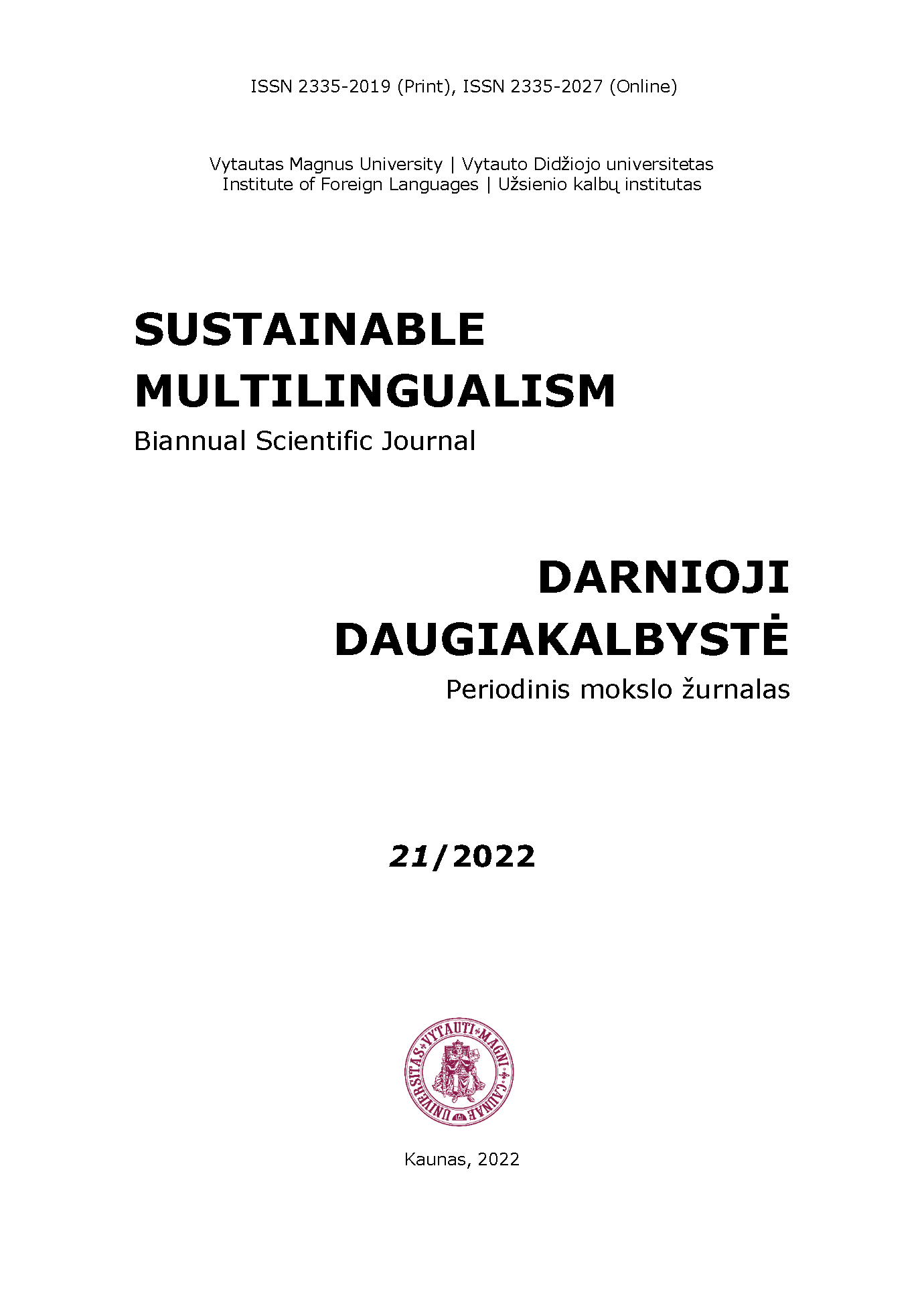Attitudes Towards Translanguaging Practices: A Comparative Study of Literature and Food Engineering Classes
Attitudes Towards Translanguaging Practices: A Comparative Study of Literature and Food Engineering Classes
Author(s): Vildan Inci-Kavak, Yasemin KırkgözSubject(s): Language and Literature Studies, Foreign languages learning
Published by: Vytauto Didžiojo Universitetas
Keywords: Attitudes; Bilingual education; Content-based classroom; Higher education; Translanguaging;
Summary/Abstract: With an increase in the number of colleges and universities offering courses in English in the education market globally, higher education institutions face serious challenges. In non-native settings where English is favoured as a prestigious choice for the medium of instruction, learners struggle with the huge barrier between demanding course contents and necessary language proficiency levels, which encourages them to use translanguaging and alternative strategies extensively in and out of classrooms. In this light, this study aims to look at an under-researched topic by questioning how university students’ and lecturers’ views on translanguaging practices show parallels and differences in literature and engineering courses from a comparative perspective. The data of the study were collected at English Language and Literature (ELL) and Food Science (FS) programmes of Gaziantep University (GAUN) in Turkey through face-toface interviews and class observations. The classrooms were visited and observed for 21 lesson hours. 15 students and 6 lecturers from each department volunteered to participate in the study. The recorded and transcribed data were analysed then by using content analysis. The results show that while the lecturers from the FS programme stress that L2 use is vital for students to develop content knowledge and linguistic skills, the lecturers from the ELL programme claim it to be a context-sensitive practice, so some courses might necessitate more frequent use of L1 or translanguaging during the delivery, analysis or comprehension of the specific content or in formal or informal exchanges. The study has thus revealed how lecturers’ and students’ views in different departments change substantially based on the requirements of/expectations from the courses and how translanguaging functions as an effective and essential learning/teaching tool in the content-based courses. Accordingly, the findings should encourage teachers, lecturers and policy-makers in countries such as Turkey to reconsider the nature of bilingual teaching and learning in different areas of tertiary level education.
Journal: Darnioji daugiakalbystė
- Issue Year: 2022
- Issue No: 21
- Page Range: 105-142
- Page Count: 38
- Language: English

